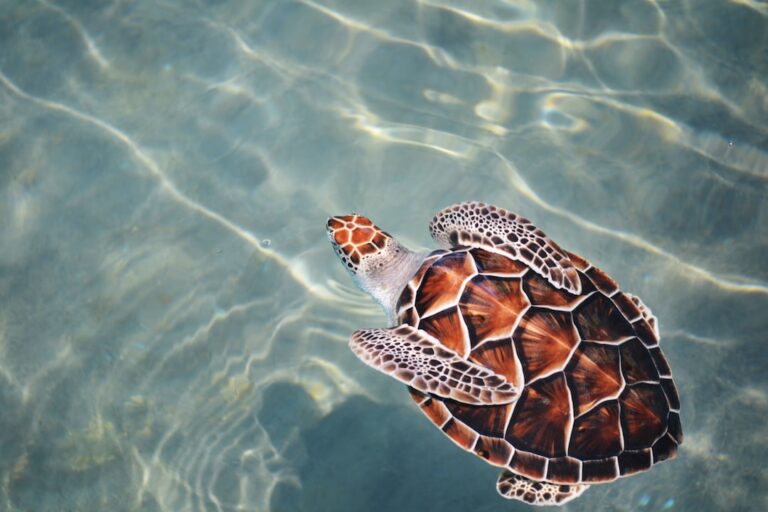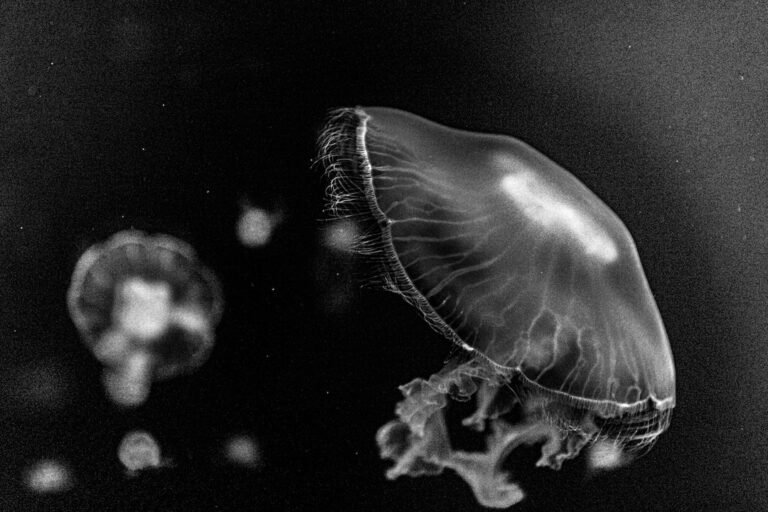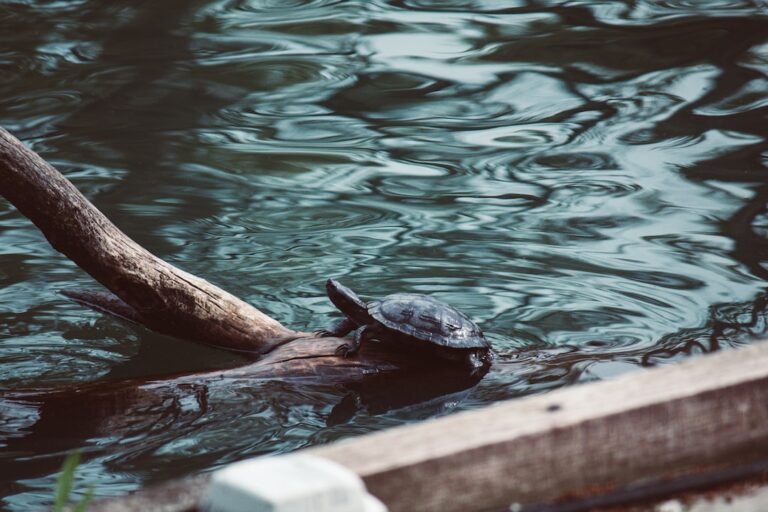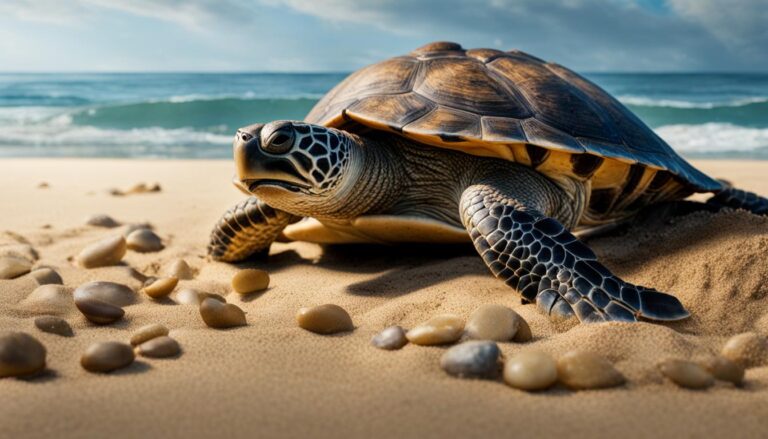Are Turtles Picky Eaters?
Turtles are fascinating creatures with unique eating habits. They are omnivores, meaning they eat both plants and animals. Their diet can vary depending on their species, but it generally consists of a combination of vegetables, fruits, insects, and small fish or meat. Understanding the eating habits of turtles is crucial for their overall health and well-being.
Table of Contents
Understanding the Nutritional Requirements of Turtles
Turtles have specific nutritional requirements that need to be met in order for them to thrive. These requirements include a balance of protein, carbohydrates, fats, vitamins, and minerals. One of the most important nutrients for turtles is calcium. Calcium is essential for the development and maintenance of strong bones and shells. Turtles also require vitamin D3 in order to properly absorb and utilize calcium.
Do Turtles Have a Preference for Certain Foods?
While turtles may have preferences for certain foods, it is important to provide them with a varied diet. Turtles in the wild have access to a wide range of foods, and replicating this variety in captivity is essential for their health. Some turtles may prefer certain types of vegetables or fruits, while others may prefer insects or small fish. It is important to offer a variety of foods to ensure that all nutritional needs are met.
Factors That Affect a Turtle’s Appetite
There are several factors that can affect a turtle’s appetite. These include temperature, lighting, stress, illness, and even the time of year. Turtles are ectothermic animals, meaning their body temperature is regulated by their environment. If the temperature is too low or too high, it can affect their metabolism and appetite. Lighting is also important for turtles as it helps regulate their internal clock and appetite.
What Are the Best Foods for Turtles?
The best foods for turtles are those that provide a balanced diet and meet their nutritional needs. Leafy greens such as kale, collard greens, and dandelion greens are excellent sources of vitamins and minerals. Fruits such as strawberries, blueberries, and melons can be offered as treats. Insects such as crickets and mealworms are a good source of protein. It is important to offer a variety of foods to ensure that all nutritional needs are met.
How to Encourage a Picky Turtle to Eat
If you have a picky turtle that is not eating, there are several things you can do to encourage them to eat. First, make sure you are offering a variety of foods. Sometimes turtles may be more inclined to eat certain foods over others. You can also try offering the food in different ways, such as cutting it into smaller pieces or mixing it with other foods. It is important to be patient and persistent when trying to encourage a picky turtle to eat.
The Dangers of Overfeeding Turtles
Overfeeding turtles can lead to obesity and other health problems. Turtles have a slow metabolism and do not require large amounts of food. Feeding them too much can lead to weight gain and can put strain on their organs. It is important to feed turtles the appropriate portion sizes and to monitor their weight regularly.
Common Mistakes to Avoid When Feeding Turtles
There are several common mistakes that people make when feeding turtles. One mistake is feeding them an unbalanced diet. It is important to provide a variety of foods that meet their nutritional needs. Another mistake is overfeeding, as mentioned earlier. It is also important to avoid feeding turtles foods that are toxic to them, such as onions or chocolate.
How to Create a Balanced Diet for Your Turtle
Creating a balanced diet for your turtle involves offering a variety of foods that meet their nutritional needs. This includes a mix of vegetables, fruits, insects, and small amounts of meat or fish. It is important to consult with a veterinarian who specializes in reptiles to ensure that you are providing the right balance of nutrients for your turtle.
Tips for Keeping Your Turtle Healthy and Happy
In conclusion, understanding turtle nutrition is crucial for keeping your turtle healthy and happy. Providing a balanced diet that meets their nutritional needs is essential. Offering a variety of foods and monitoring their appetite and weight are important for ensuring they are getting the right amount of food. It is also important to consult with a veterinarian who specializes in reptiles to ensure that you are providing the best care for your turtle. By following these tips, you can help keep your turtle healthy and happy for years to come.
If you’re curious about the eating habits of turtles, you might also be interested in learning why turtles poop in water. This fascinating article from Reptile Friend explores the reasons behind this behavior and provides insights into the unique digestive system of turtles. Discover the science behind why turtles choose to relieve themselves in water by clicking here.







